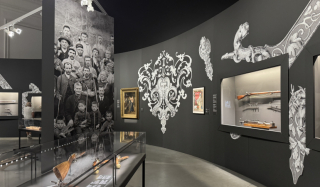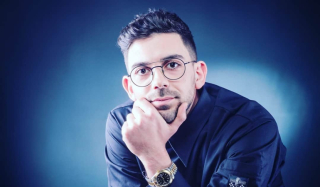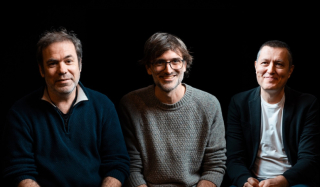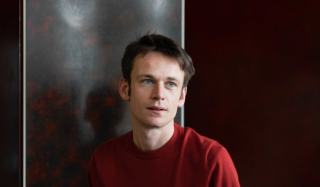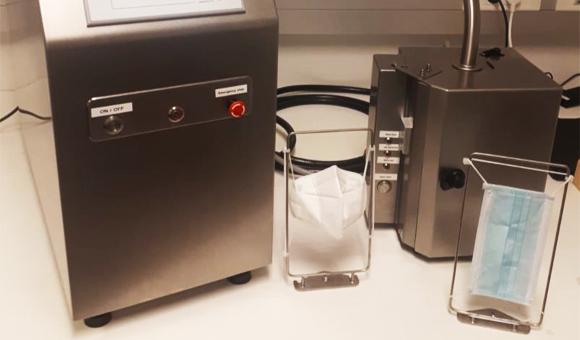
LASEA, a Liège-based company which specialises in lasers, has continued its long-standing research to produce two machine prototypes for decontaminating surgical masks. The first system will be delivered to Liège University Hospital (CHU) by the end of this month.
Following the call from the Walloon Region, LASEA offered to continue tests carried out 16 years ago into several bacteria and viruses, in collaboration with CHU, the University of Liège (ULg) and CERVA. The objective is to address the shortage of masks caused by the current health crisis by decontaminating used equipment. Two prototypes have been created in under a month: one can be used to decontaminate a mask in less than two minutes, and the other to handle a larger volume by combining it with a central mask sterilisation system. The results are encouraging, both in terms of the quality of the sterilisation and the maintenance of the masks' filtering properties.
The process is relatively simple: a mask is placed into the machine, which emits ultraviolet rays and divides the number of bacteria by one million. Once we realise that masks have gone up in price from 80 cents to 4 euros, that healthcare personnel need 50 per day and per patient in intensive care, and that this machine would make it possible to "recycle" up to 1,000 masks a day… the calculation is easy: the largest hospitals could pay off the € 26,000 cost of the device in barely a month!
LASEA, whose clients include some major names from the medical sector, such as GSK, Baxter and Sanofi, is also working with a number of research centres and hospitals and producing tailor-made systems – from the approval of the best technical solution to the industrial development of the process, including the prototyping. The company has subsidiaries in France, the USA and Switzerland. This means that they could quickly equip hospitals in Belgium as well as in the rest of Europe and around the world.
